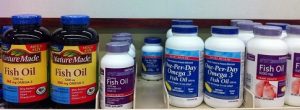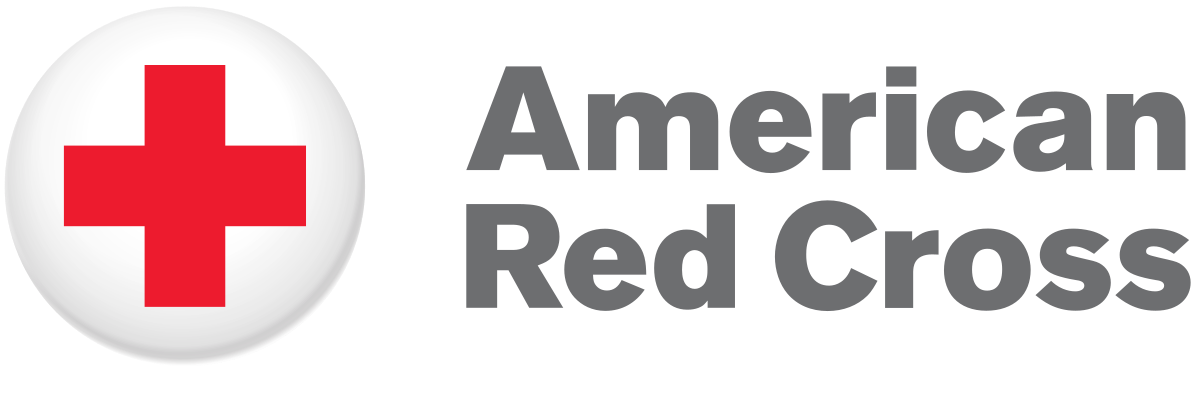It has long been known that those whose diets are rich in omega-3 fatty acids have a lower risk of congestive heart failure. Did you know that the human body does not naturally produce omega-3? We need to eat foods such as fatty fish in order to supply our bodies with this essential nutrient. The best fish for this are salmon, herring, and mackerel. Other foods include walnuts, flax seeds, and soybeans.
Omega-3 fatty acids are known to also have anti-inflammatory effects. They can also help to lower blood pressure. We know that fish oil (omega-3 fatty acids) tend to decrease the amount of plaque buildup in the arteries. When the arteries are  blocked by plaque, the heart has to work harder to pump blood. This can often lead to higher blood pressure. There are many other complications such as a condition known as peripheral arterial disease. Due to poor blood circulation, you may experience increasing pain in your legs while walking.
blocked by plaque, the heart has to work harder to pump blood. This can often lead to higher blood pressure. There are many other complications such as a condition known as peripheral arterial disease. Due to poor blood circulation, you may experience increasing pain in your legs while walking.
Omega-3 fatty acids don’t just play a role in cardiovascular health. They are important to many other areas of the body, some of which include skin, vision, cognitive, and behavioral functioning.
If a clot formed by a buildup of plaque were to rupture, it could result in a stroke or a myocardial infarction (heart attack). Remember though, eating a balanced diet and exercise can greatly reduce your risk for heart disease.
There are dietary supplements that you can buy at your local pharmacy to aid you. Before taking any medications though, you should check with your pharmacist or physician.
William Keenan-AHA Council Member: Cardiopulmonary, Critical Care, Peri operative, and Resuscitation.







